To believe or not to believe.
To apply for asylum is a core human right, an individual who fears for his/her life due to for example: political activity, religious beliefs, gender/sexual orientation reasons, or other individual reasons, may seek asylum in Sweden via the Migrationsverket (Swedish Migration Agency). If the individual can sufficiently establish that the cause of fear and threat in his/her home country is real and probable, he/she may be granted asylum (Asyl, flyktingstatus/alternativ skyddstatus).
Asylum cases are decided on a case by cases basis, Migrationsverket will consider- whether the information/story is credible and reliable, as well as what available information says about the individuals home country. i.e is the asylum seekers information/story reliable, based upon available country reports or not.
The legislation which governs asylum and human rights is based on domestic/national laws of Sweden, but mainly derived from EU laws, as they outweigh domestic laws. Sources such as the ECHR (European convention on human rights) set out essential humanitarian rights, which must be protected at all costs. The UNHCR handbook is also essential for each member states immigration authorities to apply in testing of asylum cases. (links). Other key sources include case law from the EHCR which must be adhered to.
Case synopsis:
An asylum seeker from Iran, whose fear of persecution was based upon his/her conversion from Islam to Bahai faith (a faith greatly persecuted in Iran). The person had understandably little to no written evidence of her conversion in Iran, as the authorities regularly persecute and execute individuals who convert from Islam, and particularly to Bahai faith (which unlike Christianity, Judaism and Zoroastrianism) in Iran is absolutely prohibited, and greatly persecuted.
In such a case, where the asylum seeker has little to no written evidence. The burden of proof to establish his/her conversion and its genuine nature, lies upon the asylum seekers oral evidence. The verbal and detailed description of the circumstances surrounding his/her conversion to a new faith, which needs to be presented during the asylum investigation (asylutredning).
The role of the Offentligt biträde ( public counsel) is crucial in asylum/refugee cases.
Naturally each person has his/her own different way of describing one’s faith, and an asylum seeker who has never conducted asylum interviews, might not understand in depth what it is, the authority’s require from him/her.
As such the case officer from Migrationsverket, and the Offentligt bitrade (public counsel) had to conduct the interview and in particular the questioning to assist the asylum seeker in telling his/her personal story.
The asylum seeker in this particular case, was represented by the lawyer Arvand Askari, who managed to assist him/her in describing the religious conversion, and establish the case to Migrationsverket.
It is imperative that the Offentligt biträde (public counsel) during the initial meeting with the asylum seeker, prior to the asylum investigation (asylutredning) is able to establish trust with the client, and prepare him/her for the asylum process ahead. In particular the format of the asylum investigation, which may be a daunting task for anyone whom is required to describe his/her often traumatic history.
In this particular case, the asylum seeker with the help of her lawyer Arvand Askari, despite lack of written evidence, was able to establish her case and was granted refugee status/flyktingstatus. In addition, a contributing factor was the use of country information regarding the persecution of Bahais in Iran.
Do you have any questions about the asylum process via Migrationsverket? Your rights to a Offentligt biträde (public counsel), and/or how the process is developed from start till finish. Feel free to call or email Askari Juristbyrå. Kontakta AJ – Askari Juristbyrå – Askari Juristbyrå (askarijuristbyra.se)
